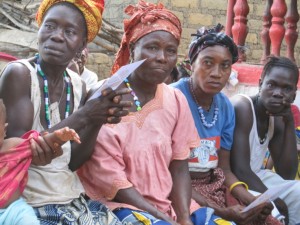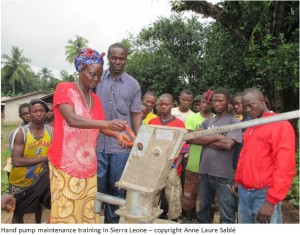Maintenance versus reparation: a document to explain during meetings the difference between maintenance and reparation by using illustrative examples of thedaily life .
Document available here: www.interaide.org/pratiques/sites/default/files/ia_sierra_leone_messages_for_maintenance_promotion.pdf
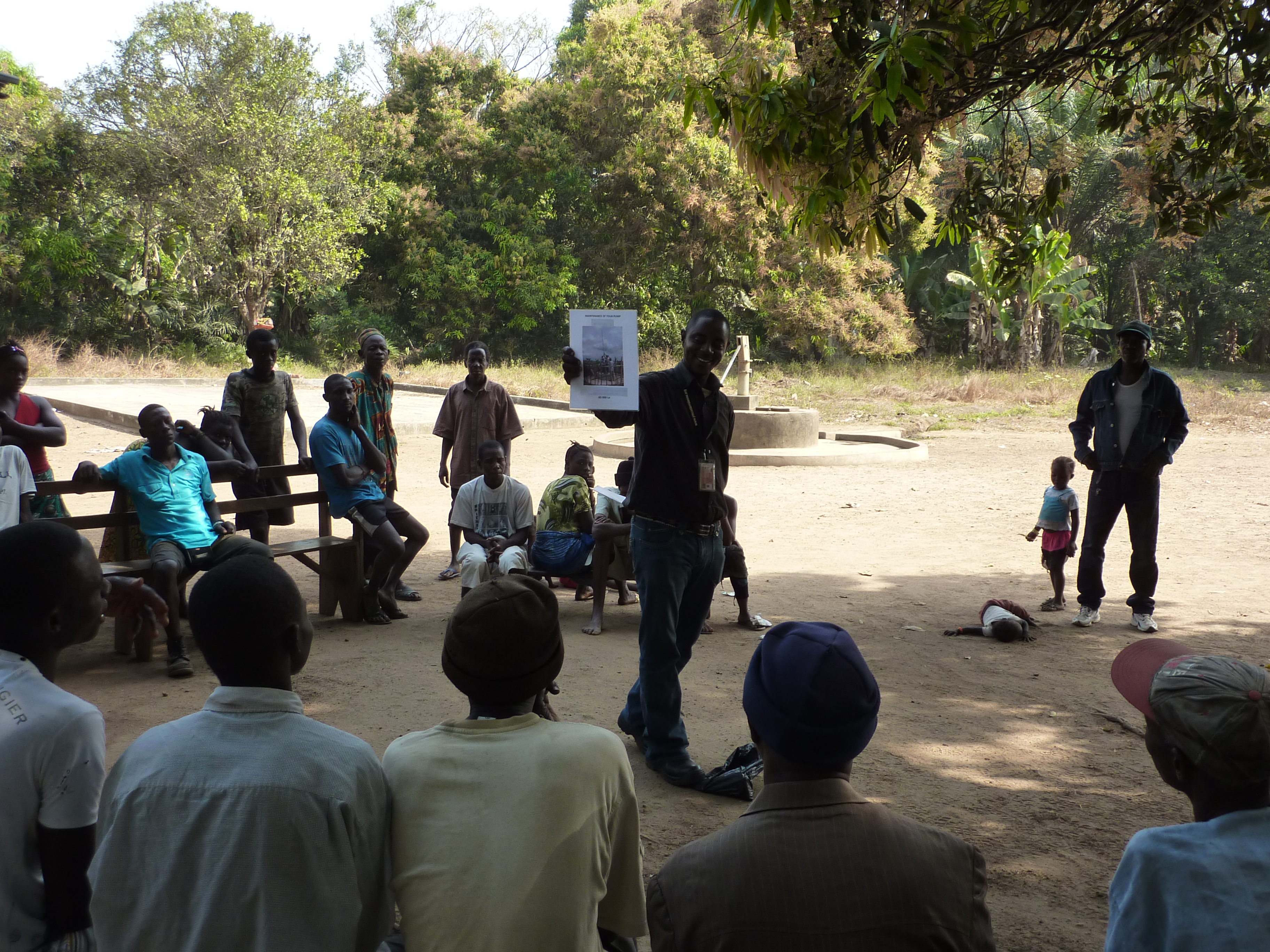
Member of the team doing maintenance sensitization: after taking some examples comparing what has to be done to continue to use motorbike, or what has to be done to make sure your children are healthy and comparing with hand pump, the facilitator is showing pictures illustrating costs of maintenance…


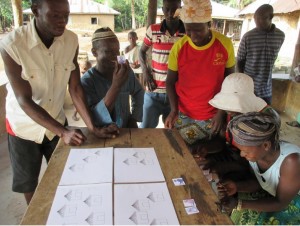
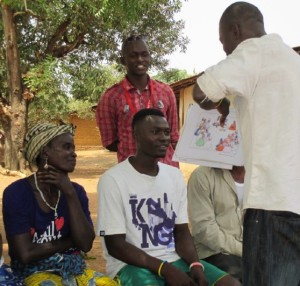
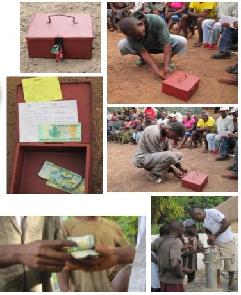 The short note in link gives some key elements on the following questions: What is the cost of maintaining a pump in rural areas? How much does it represent per family user? Is it affordable? How can these contributions be organised and managed at village level?
The short note in link gives some key elements on the following questions: What is the cost of maintaining a pump in rural areas? How much does it represent per family user? Is it affordable? How can these contributions be organised and managed at village level?